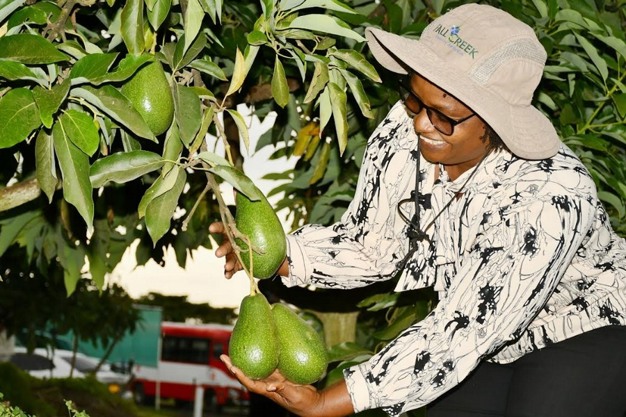Following the Economic Partnership Agreement (EPA) with the EU, which grants Kenyan horticultural products duty-free and quota-free access to the EU market, the ILO-EU initiative is set to equip farmers with the necessary technical skills and resources to improve productivity and profitability. The agreement also stipulates the gradual opening of Kenya to EU imports.

During a visit to Veg-Pro farm in Naivasha, ILO Country Director Caroline Khamati highlighted the project's focus on addressing agricultural sector issues including pesticide use, occupational health standards, and child labor elimination. Plans for a knowledge-sharing tour to Madagascar and a visit to Rungis International Market in France were also discussed, aiming at enhancing market access for Kenyan horticultural products.
Kenya's horticultural exports have shown growth, with 2023 earnings reported at Sh187.4 billion by the Kenya National Bureau of Statistics (KNBS), marking an increase from previous years. The EU remains the top market for Kenyan horticultural products.
The partnership is aligned with broader efforts to strengthen EU trade relations, expected to boost regional economies. Fredrick Muya, ILO Director for Madagascar, Comoros, and Seychelles, emphasized the opportunity for Kenya and Madagascar to export to the EU market, ensuring products meet international standards.
Veg-Pro Farm's achievements were showcased during the visit, highlighting its role in Kenya's horticultural exports, particularly in avocados, with plans to increase exports significantly despite challenges such as EU market regulations on pesticide use.
The ILO-EU partnership, coupled with the EPA, is anticipated to unlock opportunities for Kenyan farmers to thrive in international markets while adhering to ethical labor practices. The government's efforts to diversify markets for local products, including targeting the Chinese and Indian markets, are also noted as part of strategies to accommodate increased fruit production.
Source: KNA
